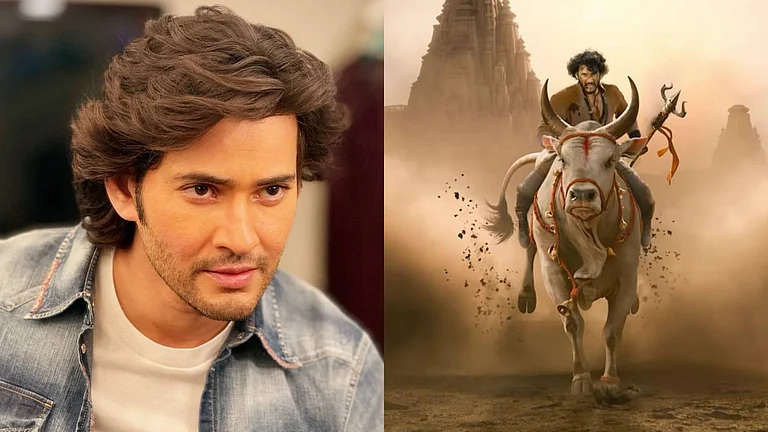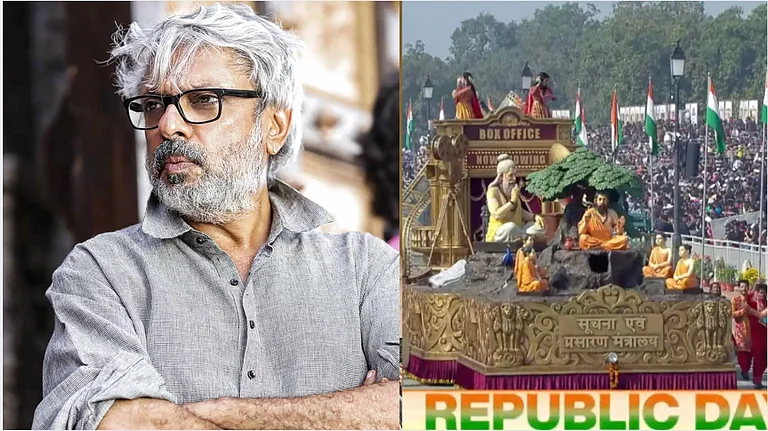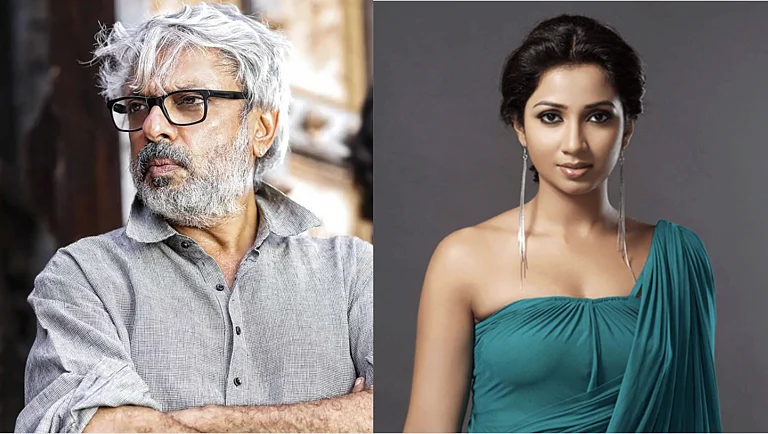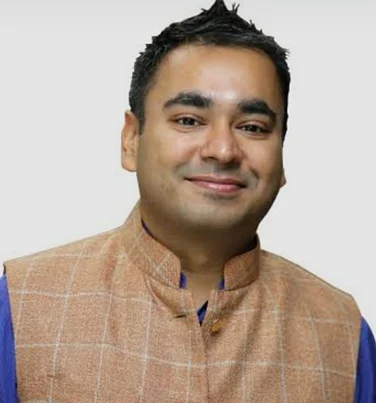Ram Leela, what is the first thing that comes to your mind after hearing this word? Of course, the stage, the epic characters, the theatrical experience, the dialogues and the pure representation of the Ramayana. Well, here in this article, we will give you a glimpse of the beautiful tale and the legendary win over evil.
Ram Leela means the play of Lord Ram. It’s a most famous art form or recreation of ancient Tulsidas Ji’s Ramayana and its mighty characters like Ram, Lakshman, Sita and Ravana.
Ram Leela is a theatrical experience that includes character, song, dialogue (Chaupayi) etc. Ram Leela is pure nostalgia with its simplicity of performances. The act is presented annually to the common public by local artists in several villages, towns, and cities.
Local artists perform the act to show Ram’s ability to transmit moral principles to society through the epic story of Ramayana.
The play is performed across northern India during Ram Navami and Dussehra. The cities that hold the beauty of Ram Leela and still perform are Ayodhya (Uttar Pradesh), Ramnagar (Varanasi), Vrindavan (Mathura), Almora (Uttarakhand), Satna (Madhya Pradesh) and Madhubani (Bihar).
Ram Leela and its Heroic Story
Well, in some places, Ram Leela is played in a series of 30 days, while in some places, the play packs up within 10 nights, depicting the whole story of Lord Ram.
The act describes how Ram, along with his three brothers Lakshman, Shatrughan and Bharat born in the house of Dashrath, the king of Ayodhya, how the brothers were sent to Sage Vashistha to gain knowledge, how Lord Ram married Sita; and how his brothers married Sita’s sisters.
The tale continues with how Kaikeyi, wife of Dashrath, asked him to fulfil her one wish which was to send Ram into exile (14 years) and asks for a Favour, the coronation of Bharat and how after parting ways with his son Ram, Dashrath met a tragic death.
The tale further shows how Ram, along with his wife Sita, and brother Lakshman, went to Vanavas. How Sita was abducted by demon king Ravan, how the Banar Sena including Sugreev and Lord Hanuman (the bhakt of Lord Ram) came for help and saved Mata Sita and how Ram got victory over evil, the devil Ravan.
Not only this, the story of Ram Leela depicts several fights and the loss of lives. In the end, Ram returns safely with his beloved wife Sita and devoted brother Lakshaman to his kingdom Ayodhya after 14 years of exile.
It is noted that Dussehra commemorates Ravana's death, whereas Diwali celebrates Rama's return to his realm.
Ram Leela: Breaking Religious Barriers
A ground filled with excited children, old people and the locals- this is a usual view of the Ram Leela grounds, every year. After getting the information about the Ram Leela event, the locals gather there only to witness the beautiful art of storytelling.
Ram Leela is played by the local people who prepare the whole sequence of the Ramayana. The play invites the public with an open heart to extend the moral values of society through the character of Lord Ram.
The play involves male characters as well as female characters. With an environment filled with excitement and enthusiasm, the artists beautifully showcase their well-prepared act.
From costume to makeup, decoration to lights, everything is well prepared and maintained by the Ram Leela committee. With the collective efforts of the people, Ram Leela finally gears up in the villages and towns.
The committee members actively participate in collecting Chanda (funds) from the locals for the play. Without any difference in caste, creed and religion, the play is seen to be appreciated by every community.
Ram Leela is not only an ancient story but also a narrative of values and ethics. It is more of an emotion for the people than a practice.
What is Ram Navami and its significance?
Ram Navami is believed to be celebrated on the day when Lord Rama, an incarnation of Lord Vishnu, is born. He is revered as the most ideal human being who is full of virtues. The world knows Lord Rama by the title of Maryada Purushottam.
Ram Navami is celebrated by Hindus across the world and devotees worship Lord Ram by visiting temples and keeping fasts.
According to some cultures, in Hindu society, the devotees hoist the Ram Naam (Ram written on the flag) flag, only to seek the blessings of Lord Ram and ask for victory, glory, peace, health and wealth.



























